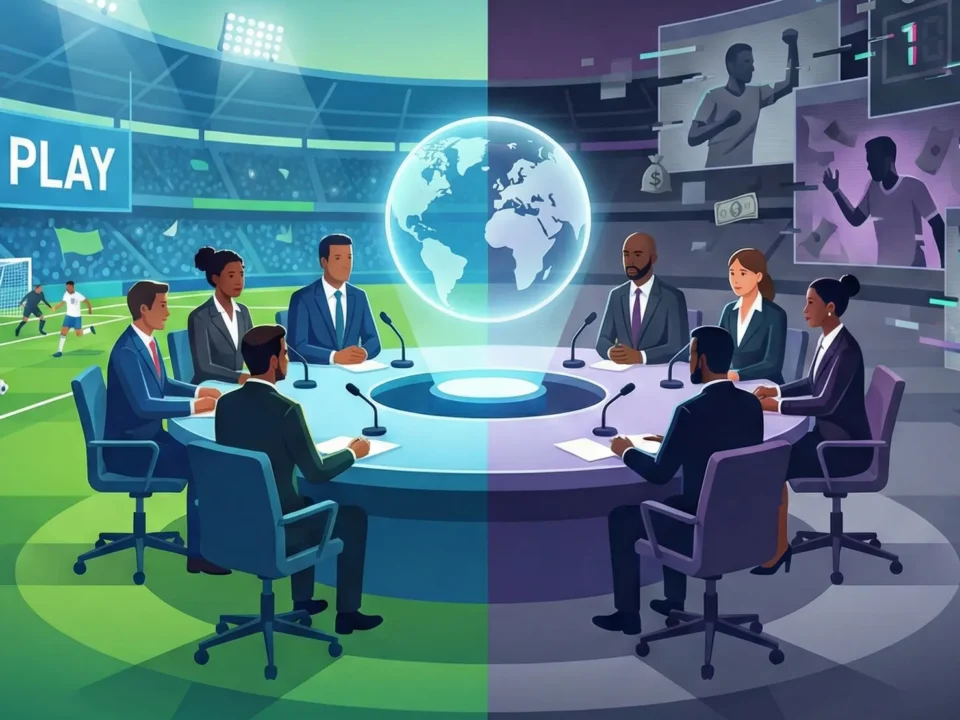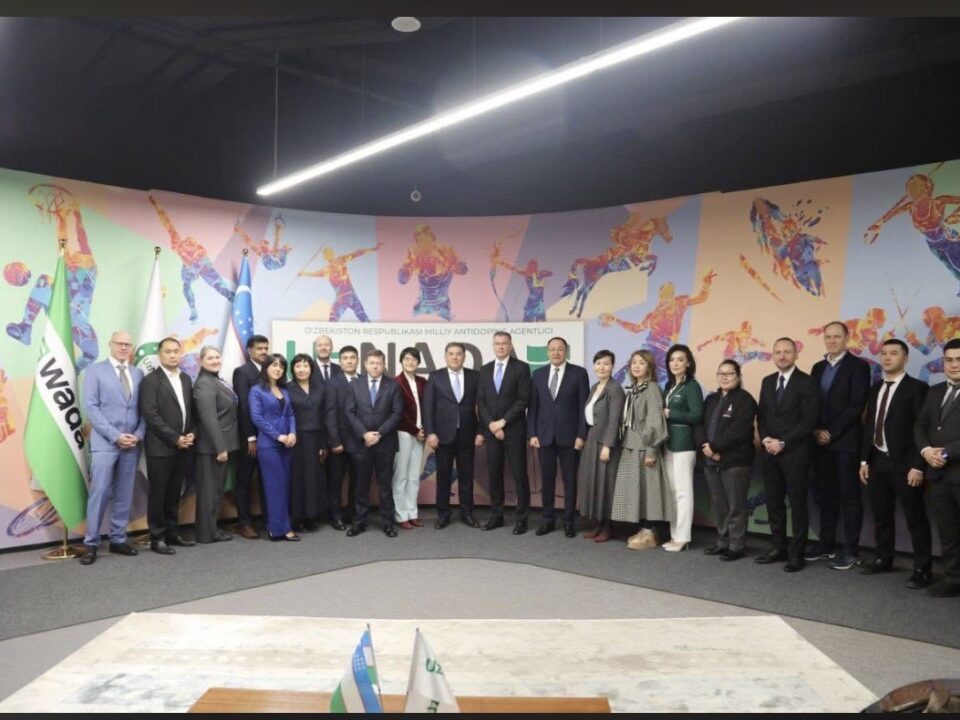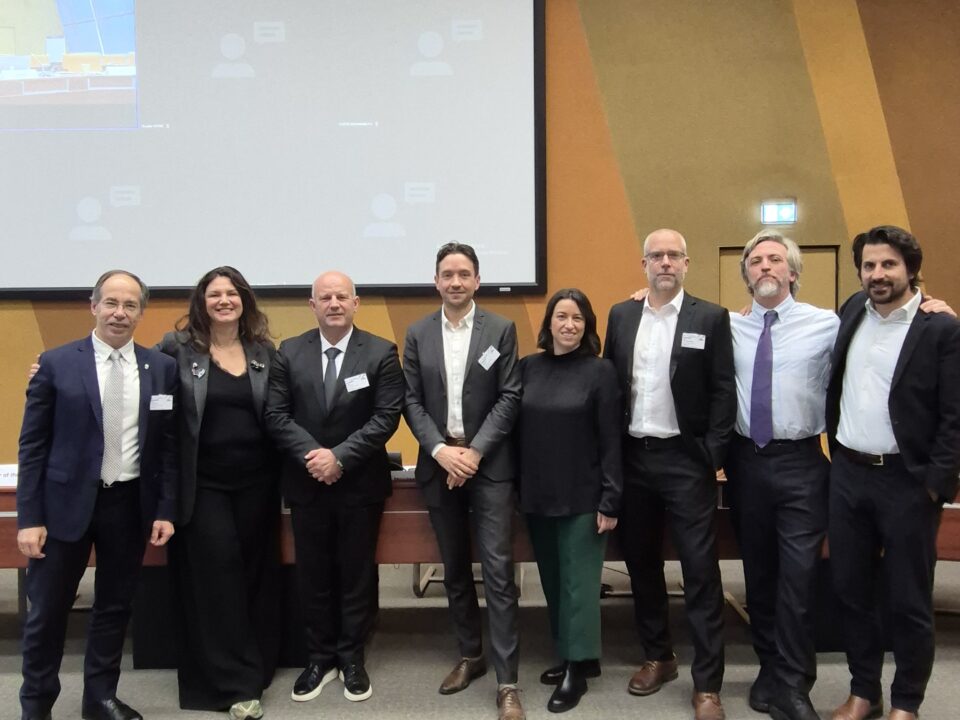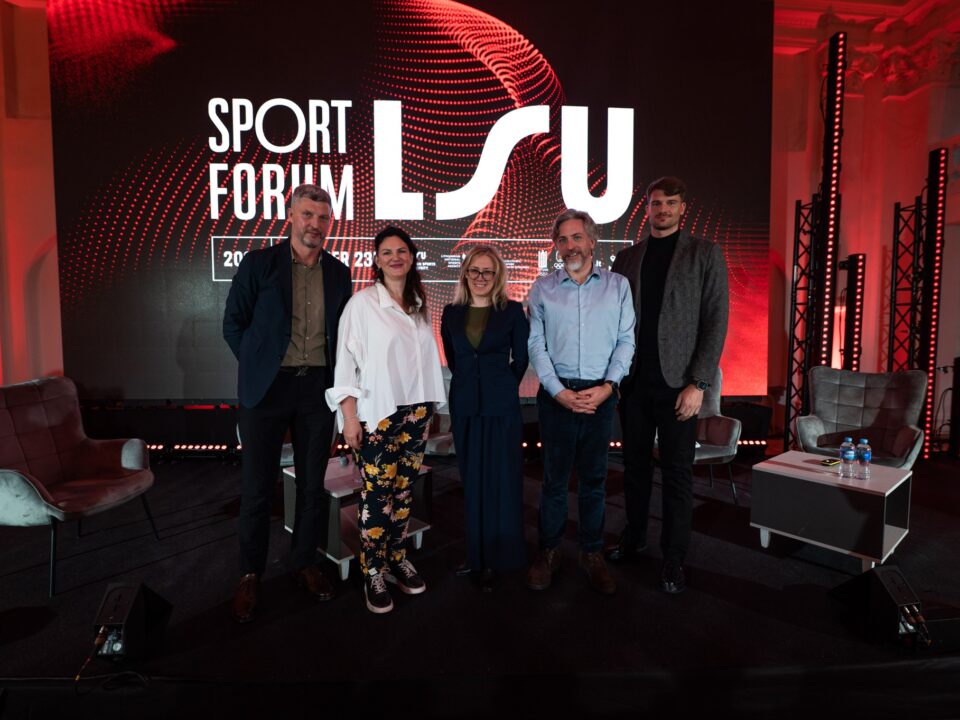Amendments to the list of prohibited substances and methods are published
2022-10-03Cooperation agreement signed between the LFF and the Lithuanian Anti-Doping Agency
2024-06-03The World Anti-Doping Agency has conducted a study to analyse the prevalence of doping among minors. Between 2012 and September 2023, 1,518 positive tests were found for 1,416 children, the youngest of whom was just 12. The youngest athlete tested was 8 years old. Stimulants, diuretics and even anabolic steroids have been found in children's bodies.
"The Lithuanian Anti-Doping Agency wants to draw the attention of parents, coaches and federations. Regardless of the level of competition, sport must remain a safe place for children. The use of banned substances can not only harm children's bodies, but also lead to consequences such as psychological trauma, isolation, exclusion or uncertainty," said Rūta Banytė, Director of the Lithuanian Anti-Doping Agency.
The most frequent testing of children (60 %) was during competition, so the majority of doping positives were detected during competition, with weightlifting, athletics and cycling being the "leading" sports in terms of number of positive tests. The most common substances in these sports in sanctioned cases were stanozolol, EPO and meldonium.
Girls are more likely to be tested than boys. Girls were tested more frequently in sports such as football, cycling and weightlifting, despite the fact that more athletes in these sports are boys.
However, not all positive tests result in an anti-doping rule violation or sanction: around 80% of all cases are found to be anti-doping rule violations. The remaining 20 % positive tests that did not result in an anti-doping rule violation were granted Treatment Authorisations.
"Juvenile athletes are treated differently from adults and have a lower burden of proof due to positive tests. Sanctions for minors may also be lower than for adult athletes. However, Anti-Doping Organisations are required to investigate whether athletes' support staff or others may have been involved in each doping case, to ensure that sanctions are properly enforced, and to automatically investigate a member of an athlete's support staff when a minor is involved in an anti-doping rule violation," explained Ms Banytė.
Between 2020 and 2023, the Lithuanian Anti-Doping Agency tested 45 underage athletes, some of them several times. The youngest are 14 years old. One tested positive for doping. The athlete received a mandatory provisional suspension.
"There was a very constructive and efficient cooperation between the athlete, his relatives and the national federation and the agency to find out as soon as possible how the banned substance entered the athlete's system. The investigation, after verifying the versions of the explanation and consulting the laboratory on the reliability of the version of the explanation, established that the prohibited substance was administered to the minor by a person close to the athlete in the belief that it could help the athlete's health. The sanction imposed on him, although minimal, was a great psychological shock for both the minor athlete and his relatives", said Banytė.
Behind every anti-doping rule violation committed by a minor athlete, there are adults behind it - whether coaches, family members, medical professionals, federation representatives, etc.
It is not for nothing that the Code and the Anti-Doping Rules apply differently to a minor because of his maturity, his dependence on adults - in many cases in all senses (financial, emotional, social, etc.), because a minor athlete should not have to be held accountable for the mistakes of those who protect him or her or for the irresponsible behaviour of those who protect him or her in the same way as an adult.
According to the Director of the Lithuanian Anti-Doping Agency, education of athletes, their parents and coaches remains the main tool to prevent anti-doping rule violations. The Anti-Doping Agency's Education Plan 2023-2025 prioritised the education of young athletes and their support staff, including parents.
The Agency piloted the education for secondary school students, members of the football, swimming, dance and ice hockey junior national teams, as well as students of the Panevėžys Sports School. The anti-doping education organisation has already organised training sessions for parents of young athletes: live sessions for parents of hockey players and remote sessions for parents of swimmers.
National Federations can always contact the Agency for live or remote training, info booths during events or competitions.
Athletes and their relatives can check their knowledge, learn about anti-doping, the rules, etc. on the Agency's free platform https://www.bedopingo.lt/
The Agency offers free distance training for parents and relatives of young athletes and others who care about the future of the athletes and clean and fair sport. The remote training will take place on the Zoom platform on 10 June at 19:00. To register for the training, please click on the link on the Lithuanian Anti-Doping Agency's Facebook page and follow this link https://forms.gle/EpYqSm7tZms7QZxB6





